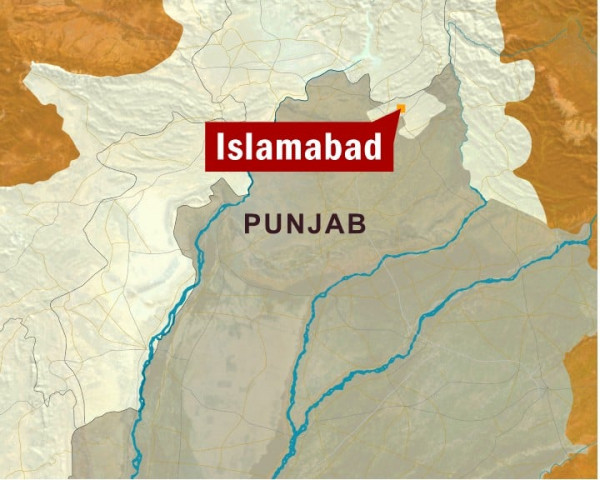GST bill on the cards sans provincial input
The plan to implement a reformed general sales tax (GST) system from October could be compromised once again.

GST bill on the cards sans provincial input
Officials in Federal Board of Revenue told The Express Tribune that the government has decided to implement the reformed GST through an Act of Parliament and a draft bill of the sales tax on goods and services would soon be submitted.
They said that the draft bill would be designed to omit the sixth schedule from the Sales Tax Act 1990 which allows exemptions. Nonetheless, the food items in the sixth schedule would still remain exempted from the levy. The government will withdraw the draft bill of Value-Added Tax before tabling the new piece of legislation, they added.
In addition to omitting the exemption chapter from the Sales Tax Act, the government would also withdraw over 120 SROs to eliminate the tax exemptions given on political grounds during the last two decades. Under the law, the FBR can issue an SRO to exempt any sector from the tax.
Finance Minister Dr Abdul Hafeez Shaikh had announced in his budget speech that the existing sales tax regime would be reformed, and then implemented from October 1 after authorities failed to levy the value-added tax from July 1. In order to recover the revenue loss during this transition period, the government increased the sales tax rate by one per cent on the sale of goods.
Pakistan is under immense international pressure to increase its tax base, which is the lowest in the region. The World Bank has estimated revenue losses at Rs796 billion per annum. The finance ministry recently briefed Prime Minister Yousaf Raza Gilani about the fallout of not implementing the proposed reformed sales tax regime, which includes a blockade of foreign loans and consequent pressure on rupee that may slide further against the US dollar.
A senior FBR official said that the tax collecting authority informed the government that the reformed GST cannot be implemented without parliamentary approval.
However, the government seems once again to be headed towards making the same mistake of tabling a sensitive bill in the Parliament without taking the provinces into confidence. The FBR sources said that the reformed GST bill would propose levying 15 per cent sales tax on both goods and services.
They said the provinces were still reluctant to surrender services tax to the centre and added that if they did not do so then the federal government would tax the services in the federal excise duty mode. The Sindh government has taken a constitutional stance that sales tax on services was a provincial subject and the federal government cannot collect it.
Advisor to the Sindh Chief Minister on planning and development Dr Kaiser Bengali said that the federal and the provincial governments have so far been unable to resolve their differences on the issue of collecting tax on services. He added that the federal government had not convened any meeting to take the provincial government into confidence on the reformed GST issue.
“The provinces would not allow the federal government to collect tax on services even if the Parliament passes a reformed GST bill”, he added.
The FBR sources said that the Sindh government has proposed to the federal government to collect taxes only on four services, namely advertising, franchises, construction and financial services and insisted on handing over the remaining ones, particularly the telecoms sector, to the provinces.
Pervaiz Malik, the man handling Punjab’s affairs relating to VAT and reformed GST, said that the Centre did not take the provincial government into confidence about the new draft bill.
The new bill would propose the withdrawal of tax exemptions on the domestic sale of garments, textile, sport and surgical goods. It would also recommend levying 15 per cent tax on the sale of newspapers, journals, currency notes, shares, stocks, bonds, bricks, cement, building blocks, un-worked silver and gold, monetary gold, computer software, aircrafts, tractors, bulldozers CNG buses and many more items.
Published in The Express Tribune, July 14th, 2010.

1724319076-0/Untitled-design-(5)1724319076-0-208x130.webp)

















COMMENTS
Comments are moderated and generally will be posted if they are on-topic and not abusive.
For more information, please see our Comments FAQ